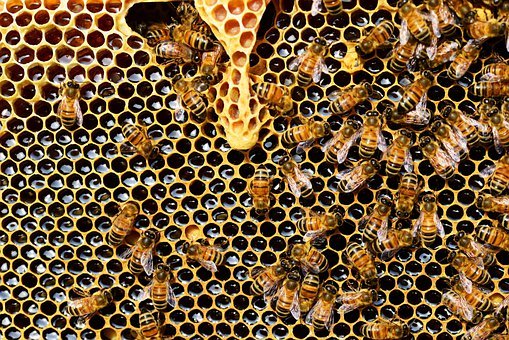Bob Podolski is already running about two weeks behind normal and now he's hoping for a miracle.
Podolski Honey Farms began extracting honey from its apiary earlier this month; however, they have found very little in the hives. In a normal year, about 750-850,000 pounds of honey is extracted. This year, they won't be anywhere close to that.
"If we get one-quarter of our normal crop, it will almost be considered a miracle," said Podolski. "It has been a struggle. What could have gone wrong has gone wrong, it's been poor. What do you do, just take it as it comes."
Podolski isn't the only beekeeper struggling; it's been widely documented that bee colonies across the country have been ravaged. Podolski said a solution would be getting bees from the United States; however, it isn't as easy as that. Under current regulations only certified queen bees can be imported from the U.S.
When talking about the stock from the United States, Podolski doesn't understand the current regulations
"They're clean and good stock and it's cleaner than the stock that we're bringing in from Australia," offered Podolski. "There might be programs but you know how it goes, it takes time to see the funds."
Bob has said that if they don't receive a replacement stock from the continental U.S. he doesn't see a future for his sons who are in line to take over. Podolski has been in the business for 47 years.
"It's the harsh reality, unfortunately," said Podolski. "If we don't get the stock, why would we want to bring old bees from across the globe here? I think to myself, who is more productive... a 20-year-old man or a 75-year-old man? The U.S. stock is much cleaner and there have been tests to prove it."
According to an associate professor of entomology at the University of Manitoba, bee losses are in the 40 percent range for parts of the country; however, Manitoba is much higher at about 57 percent. Another reason for the loss of so many bees is the varroa mite, an invasive parasite.







